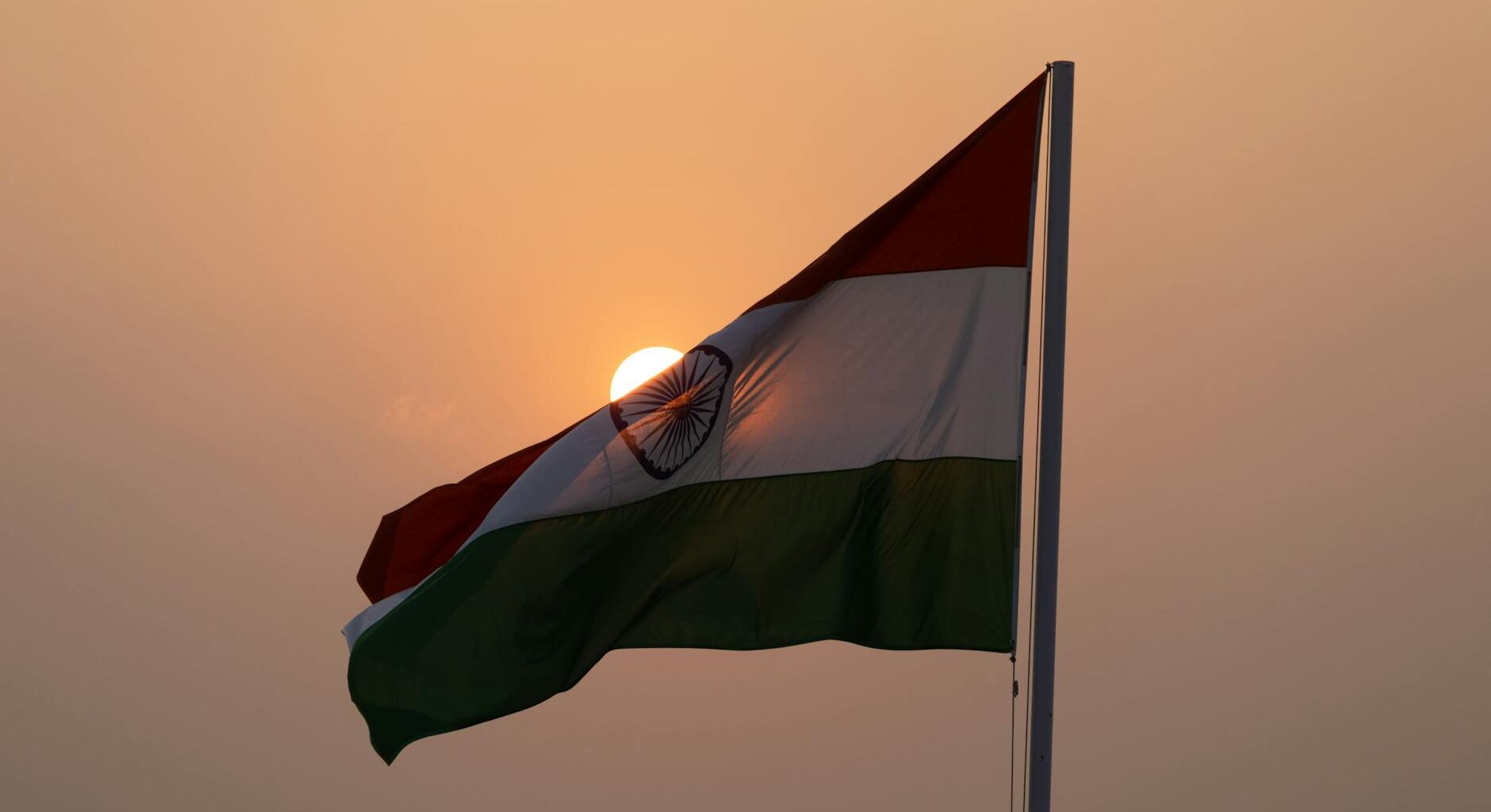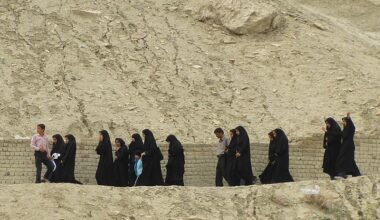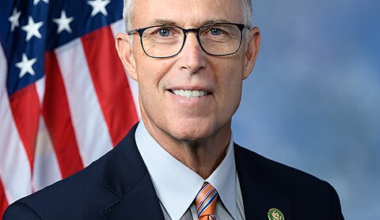In a country that never tires of declaring itself to be the world’s largest democracy, a historian and public intellectual was held in custody for doing what any responsible citizen ought to do.
In May, Professor Ali Khan Mahmudabad wrote a post on Facebook following the then-recent military standoff between India and Pakistan. He commended the Indian Armed Forces for their conduct, acknowledged the strategic restraint they had exercised, and crucially reflected on the futility and tragic cost of war. He also drew attention to the symbolic importance of Colonel Sofiya Qureshi, a Muslim woman officer, leading military briefings—a gesture he praised as a meaningful sign of Indian pluralism.
However, he cautioned that such symbolic acts, without substantive efforts to address systemic violence against Indian Muslims, risk degenerating into mere optics. In a second post, he reiterated his support for peace and strategic restraint, while pointedly remarking that the enthusiastic endorsement of Colonel Qureshi by India’s right wing should, if sincere, be accompanied by a similar concern for Muslim citizens subjected to mob lynchings, illegal demolitions, and the broader culture of hate-mongering that increasingly characterises India’s public discourse.
This was enough to provoke a backlash that can only be described as emblematic of the new illiberal normal. He was taken into custody, and his laptop was seized. That this backlash included a complaint from the Haryana State Commission for Women, accusing him, rather absurdly, of ‘undermining’ women officers and vilifying the military, only displays the absurd elasticity of offence in contemporary India. Nowhere in Mahmudabad’s post is there a suggestion that the women officers in question lacked competence or credibility. His contention is directed not at the individuals but at the instrumentalisation of their presence to deflect from structural failures of governance and justice, particularly in relation to communal violence and state-sanctioned impunity.
When the Supreme Court of India eventually heard the matter, the bench took an approach that was, at best, ambivalent. The Court chose to grant Mahmudabad interim bail, while also displaying a worrying reluctance to engage seriously with the broader constitutional stakes involved—namely, the criminalisation of speech. Instead of focusing on the untenable nature of the investigation into Mahmudabad or the implications of allowing vague accusations to translate into custodial punishment, the bench chose to scrutinise Mahmudabad’s ‘choice of words’. It went so far as to accuse him of ‘dog whistling’, a term that has increasingly entered Indian legal and journalistic discourse without a clear definition or evidentiary basis. They also suggested that his post was aimed at garnering ‘cheap publicity’.
One doesn’t expect such language from the highest court of the land. Mahmudabad’s counsel rightly argued that the Facebook post in question was neither incendiary nor hostile to the Indian state; on the contrary, it expressed unambiguous support for the Indian Armed Forces, while simultaneously raising questions about the need to bridge the gap between optics and reality. Yet the Court appeared unwilling to interpret the post in good faith, choosing instead to speculate about subtext and insinuation.
This is not the only instance of such absurd reasoning being invoked by the judiciary. A few months back, a YouTuber, Ranveer Allahbadia, had multiple first information reports (FIRs) filed against him for cracking a tasteless joke. The justices, abandoning any pretence of dispassionate adjudication, declared his joke to be proof of a ‘perverted’ and ‘dirty’ mind. The Supreme Court’s repeated invocations of the supposed shame Allahbadia had brought upon his parents blurred the line between judicial reasoning and moralistic grandstanding. From the outset, the Court’s primary preoccupation was not the legality of Allahbadia’s statements but the language he had used. The Supreme Court not only entertained the idea of regulating online content but went so far as to invite the Attorney General to draft new legal restrictions on digital platforms. The Court expressed that it would be ‘very happy’ if the state introduced such regulations.
Going back to Mahmudabad, the interim relief granted to him came shackled with punitive conditions. The Court not only declined to stay the investigation but also imposed a gag order barring him from making any public comment on matters relating to the India-Pakistan conflict. Additionally, it required the surrender of his passport and constituted a Special Investigation Team comprising three police officers to examine whether his social media posts contained any ‘double meaning’, despite the Court not articulating what in his prior post had actually crossed the threshold of legality. Even more troubling was the court’s remark directed at students who rallied in support of Mahmudabad—‘We know how to handle them also.’ Historically, students have often been at the forefront of struggles for justice, freedom, and democracy, often at great personal cost. When students at Ashoka University came out in large numbers to defend a teacher they believed had been wronged, they were not engaging in ‘lawlessness’. Similarly, in the Allahbadia case, Justice Surya Kant’s own words were, ‘We know some people writing articles in the name of freedom of speech, etc. We know how to handle them also.’
There is a serious danger in allowing the state to adjudicate speech based on an abstract and dangerously speculative policing of intent. Is ‘unpatriotic’ speech, whatever that may mean, a justiciable offence under the Constitution? The Constitution was never meant to be a hymnal for patriotic conformity. It was, and must remain, a safeguard against the tyranny of collective righteousness. And moralising judges are a greater threat to liberty than censorious governments, for they sanctify repression with the language of justice.
Are we citizens to be ruled by a political class that is inherently undemocratic, ruling over a society that neither practices nor understands democracy within a system that maintains only the thinnest illusion of being one? That Ali Khan Mahmudabad should be compelled to defend not only the legality but the tone of his speech to a bench more interested in whether his words were ‘dog whistles’ than in whether the absurd legal procedure against him is even lawful is a damning indictment, and a worrying sign of where the Indian justice system is heading.
Related reading
The rise and fall of god(s) in Indian politics: Modi’s setback, Indic philosophy, and the freethought paradox, by Kunwar Khuldune Shahid
Sambhal: the story of a controversial town and the challenges of human rights and religious minorities, by Zubair Janwary
Religion and the decline of freethought in South Asia, by Kunwar Khuldune Shahid
Campaign ‘to unite India and save its secular soul’, by Puja Bhattacharjee
Image of the week: Ajita Kesakambali, ancient Indian materialist and one of the Six Heretics, by Daniel James Sharp
The resurgence of enlightenment in southern India: interview with Bhavan Rajagopalan, by Emma Park









Your email address will not be published. Comments are subject to our Community Guidelines. Required fields are marked *
Donate